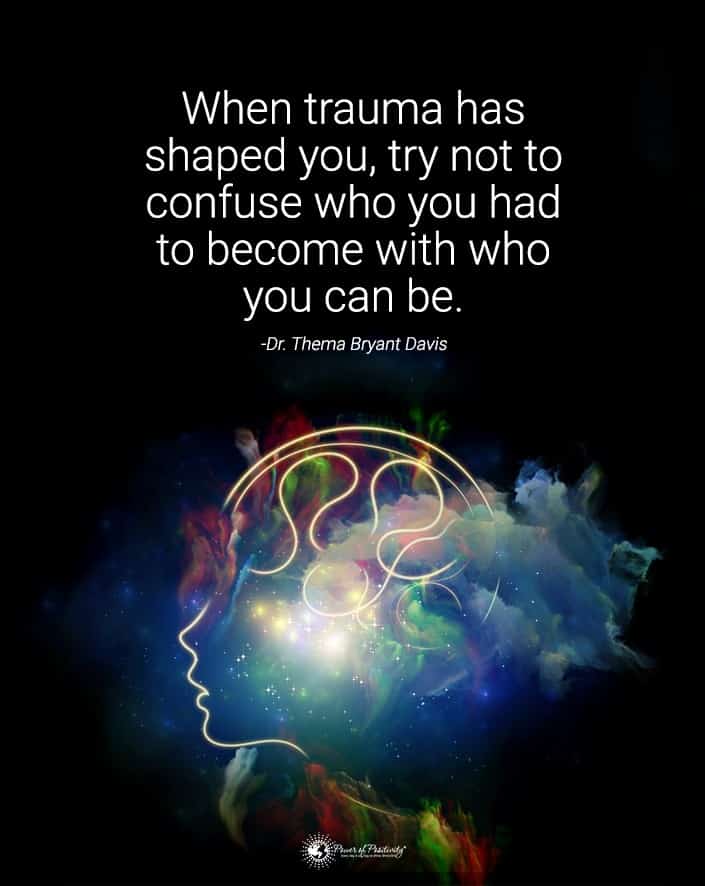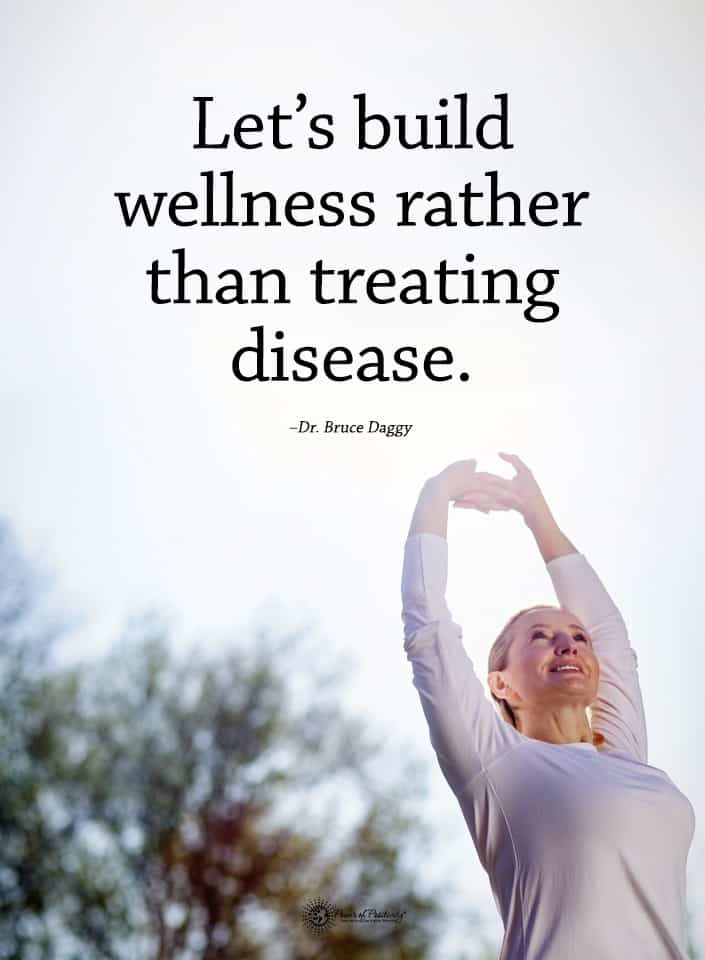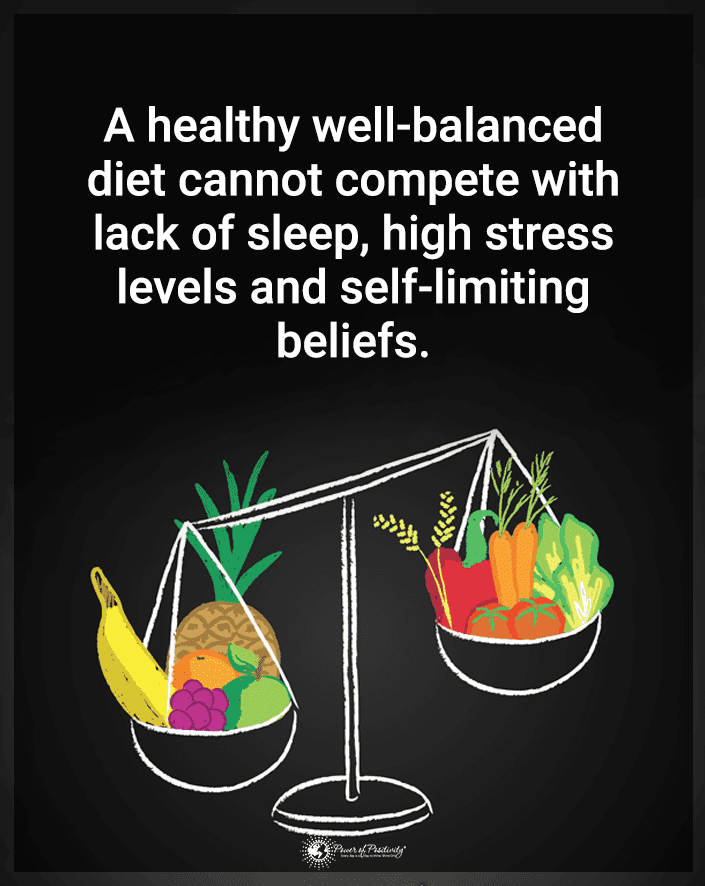Understanding a narcissist gives a better understanding of this mental health disorder.
Narcissism is a term that has gained significant attention in recent years. In a casual context, people often use the term narcissist when describing someone with an inflated sense of self-importance. However, it is crucial to recognize that there are various types of narcissism, each with unique traits and characteristics.
It is also an overused term that makes light of a diagnosed personality disorder. This distinction that we must not make light of.
What Behaviors Inform a Psychiatrist to Diagnose One of the Types of Narcissism?
Narcissistic Personality Disorder (NPD) is one of the ten identifiable personality disorders, marked by an inflated self-perception and a lack of empathy. Narcissists struggle to find internal self-worth. Thus, they become incredibly concerned with their external image and how others see them and demand constant adoration.
Narcissists depend on external recognition and validation to feel significant or valued. They may become defensive, hostile, or even destructive if they fail to receive this external affirmation (aka narcissistic supply). As a result, their ego quickly deflates, exposing their insecurities and shame. This phenomenon is a narcissistic injury. It can result in defensive and aggressive responses or narcissistic rage. These coping mechanisms can hinder the development and maintenance of healthy, intimate relationships with others.
Per the DSM-5 or Diagnostic and Statistical Manual of Mental Disorders, an individual with NPD must display at least five of the following traits:
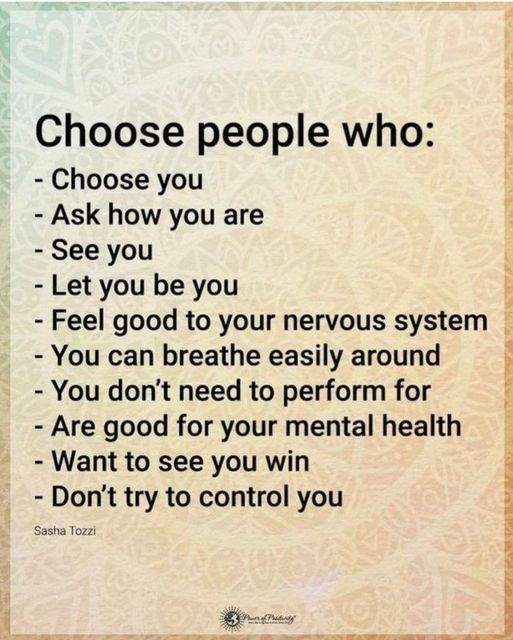
1 – Grandiosity:
Narcissists possess an exaggerated sense of self-worth and uniqueness, which leads them to brag about real or imagined achievements, and consistently portray themselves as superior.
2 – Entitlement:
In the context of NPD, entitlement implies a conviction that one’s importance, superiority, or distinctiveness entitles one to special treatment, additional resources, or greater attention than others.
3 – Lack of empathy:
Narcissists prioritize their own needs, often neglecting the needs of others. While they may have the capacity for empathy, they often choose not to practice it, as they don’t perceive any personal benefit or necessity.
4 – Obsession with fantasies of success:
Narcissists often have low self-esteem and self-worth, which have no basis in reality. They prefer to indulge in exaggerated thoughts of potential achievements, such as obtaining power or wealth.
5 – Excessive longing for admiration:
Narcissists rely on external feedback to bolster their self-image, frequently engaging in behaviors that seek praise from others.
6 – Arrogant behaviors:
Narcissists often act with arrogance to compensate for underlying feelings of inferiority. In fact, they regularly brag about their accomplishments, exaggerate their successes, and belittle others to elevate themselves.
7 – Sense of superiority:
For narcissists, it is not sufficient to be successful. Instead, they must feel superior to others to validate their self-esteem and self-worth. This quest often manifests as contempt for those who make mistakes or disdain for those who do not acknowledge the narcissist’s perceived superiority.
8 – The exploitation of others:
Narcissists frequently deceive and manipulate others to fulfill their own needs. Narcissistic deception may involve these behaviors:
- Prioritizing their needs over others.
- Disregarding the unrealistic demands they impose on others.
- Harshly treating those who set boundaries or refuse assistance.
What Are the Nine Types of Narcissism?
Most people do not realize so many types exist. Still, each has unique markers that psychologists can identify.

1 – Grandiose narcissism:
Also known as overt narcissism, grandiose narcissism is characterized by an exaggerated sense of self-importance, dominance, and a need for admiration. Individuals with this type of narcissism may appear arrogant, self-absorbed, and entitled. They often strongly desire power and status and will take risks to achieve it. The behavior harms their personal and professional relationships.
2 – Vulnerable narcissism:
In contrast to grandiose narcissism, vulnerable narcissism, sometimes called covert narcissism, is marked by insecurity and inadequacy. Despite the low self-esteem, these individuals still possess a strong need for admiration and recognition. They may appear shy, introverted, and hypersensitive to criticism, often reacting with anger or withdrawal when they feel attacked or slighted.
3 – Cerebral narcissism:
Cerebral narcissists emphasize their intellectual prowess and knowledge. They are often brilliant and well-educated. Thus, they use their cognitive abilities to gain admiration and establish superiority over others. Cerebral narcissists may be prone to intellectual arrogance and condescension, disregarding the opinions and perspectives of those they perceive as less intelligent.
4 – Malignant narcissism:
The malignant narcissist might be the most dangerous. That’s because it combines elements of grandiose narcissism with antisocial, paranoid, and sadistic traits. Malignant narcissists often exhibit a lack of empathy, a propensity for manipulation, and a willingness to exploit others for their gain. They may engage in cruel or destructive behaviors, leaving a trail of emotional and psychological damage in their wake.
5 – Communal narcissism:
Distinct from other types of narcissism, communal narcissists derive their self-worth from their perceived contributions to the community or the greater good. They may boast about their altruistic deeds or volunteer work. Their goal is to receive validation and praise from others. Despite their seemingly benevolent nature, communal narcissists still demand admiration and self-enhancement.
6 – Spiritual narcissism:
Spiritual narcissists derive their self-worth from their faith and use it to manipulate, control, and influence others. These individuals often employ their spiritual beliefs to inflict harm, employing tactics such as shaming, instilling fear, or gaslighting. Spiritual narcissists are prone to introducing spiritual topics into every conversation, scrutinizing others for their spiritual practices (or lack thereof), and selectively using religious texts to validate their opinions.
They are often those holding positions of power who have experienced significant life events and sought solace in spirituality.
7 – Somatic narcissism:
The somatic narcissist on one’s physical appearance and attractiveness. Individuals with this narcissism invest significant time and resources into their appearance, often engaging in excessive exercise or cosmetic procedures. They may also often seek validation through sexual conquests or by showcasing their physical attributes. Ongoing research notes that gender plays a role in how these behaviors manifest.
8 – Sexual narcissism
Sexual narcissists place their sexual desires above all else. They also lack empathy for their partners while exhibiting an inflated sense of self-importance in their sexual prowess.
They anticipate frequent praise for their sexual performance and feel entitled to engage in sexual activities on their terms. Initially, their romantic and passionate encounters may captivate their partners, But after some time, these experiences can become one-sided, transactional, or even aggressive over time.
Contrary to their apparent emphasis on physical intimacy and seemingly high confidence in their sexual abilities, sexual narcissists may also have an intimacy disorder. Difficulties in both providing and receiving emotional closeness in relationships may also appear.
9 – Vindictive narcissism
Vindictive narcissists exhibit extreme sensitivity to perceived slights, disputes, or rejection. They internalize these experiences, feeling deeply wounded. However, they rarely acknowledge their hurt. Instead, they may retaliate against the individual they perceive as the source of their pain with aggressive behavior and attempts at intimidation.
This vindictive conduct can manifest in various ways, such as undermining someone’s professional standing or reputation, lashing out with narcissistic fury, resorting to blackmail, or spreading rumors behind the person’s back. Vindictive narcissists are often unyielding in their negative perception of the individual who hurt them, even when someone apologizes or it becomes clear that their initial beliefs were unfounded.
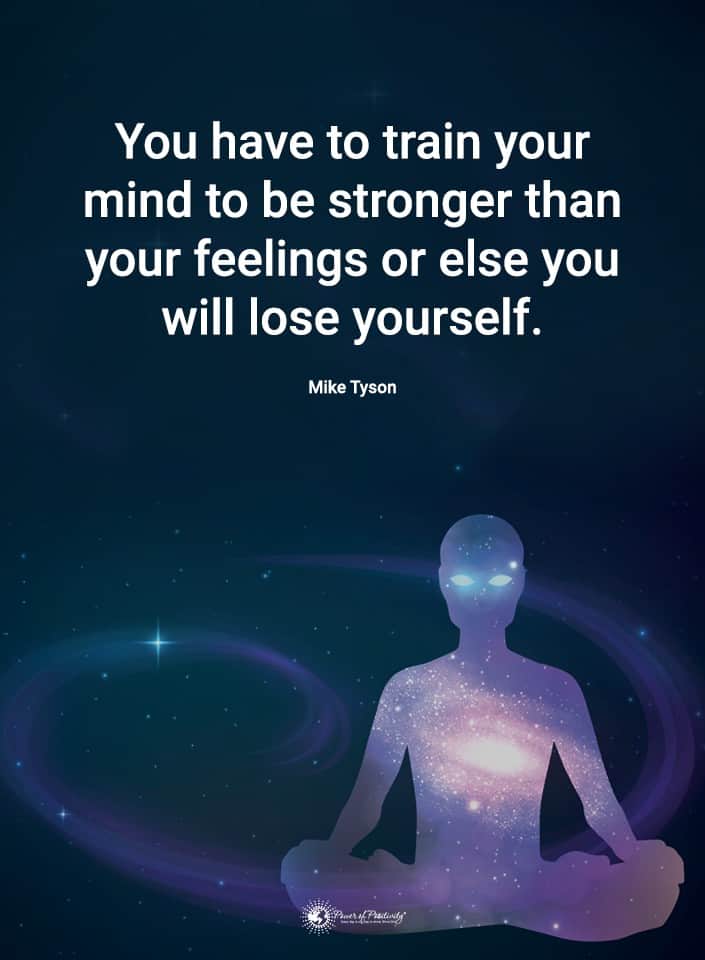
What Happens to Your Self-Esteem if You Live With Someone With One of the Types of Narcissism?
Living with a narcissist can significantly lessen your self-esteem and general emotional well-being. Narcissists frequently engage in manipulative and controlling behaviors that can erode your sense of self-worth. Narcissistic manipulation can leave you feeling inadequate, confused, and emotionally drained.
How can someone identify if they have NPD? What about a loved one? Here are five key behavioral signs to identify a narcissist.
1 – Constant criticism and belittling:
Narcissists often criticize and belittle others to maintain their sense of superiority. So if you live with a narcissist, you may hear constant negative comments and judgments. These words can chip away at your self-esteem over time. You may internalize these criticisms, believing you are not good enough or need to change to be accepted and loved.
2 – Gaslighting:
Gaslighting is a manipulative tactic narcissists use to make you question your reality and perceptions. They may deny their hurtful actions, twist the truth, or accuse you of being overly sensitive or irrational. Over time, this can lead to self-doubt and diminished self-confidence as you question your judgments and experiences.
3 – Emotional neglect:
Narcissists are typically preoccupied with their own needs and desires, often neglecting the emotional needs of those around them. Living with a narcissist can leave you feeling emotionally starved, as they may provide little to no emotional support or validation. This lack of emotional connection can contribute to loneliness, unworthiness, and low self-esteem.
4 – Competition and comparison:
Narcissists often view relationships as competition. They frequently compare themselves to others to maintain their perceived power. As a result, they may frequently compare you to others or undermine your accomplishments, leading you to feel as though you are never good enough or that you must constantly strive for their approval.
5 – Isolation from support networks:
Narcissists may isolate you from friends, family, or other support networks to maintain control. You might feel trapped, dependent on the narcissist, and vulnerable to their manipulations. It can contribute to a diminished sense of self-worth.
How to Cope and Rebuild Your Self-Esteem
Living with and loving a narcissist can undoubtedly affect your self-esteem. But you can implement steps to protect and rebuild your sense of self-worth:
- Educate yourself about narcissism to better understand the patterns and behaviors you are experiencing.
- Seek support from friends, family, or a therapist to help validate your feelings and provide guidance.
- Establish boundaries with the narcissist to protect yourself from their harmful behaviors.
- Engage in self-care and prioritize your own needs and well-being.
- Reconnect with your passions, interests, and personal goals to help rebuild your sense of identity and self-esteem.
- Seek advice from a counselor–both individually and as a family or couple. Trained psychologists can intervene and help you heal.
The long-term effects of a relationship with a narcissist can cause emotional exhaustion and damage your self-esteem. However, by understanding the behaviors of narcissists, seeking support, and prioritizing your well-being, you can rebuild your sense of self-worth and regain control of your life.
Can a loved one recover from these types of narcissism?
Recovering from these types of narcissism can be challenging for someone with narcissistic traits and their loved ones. That’s because the nature of narcissism often makes it difficult for individuals to recognize their problematic behaviors, seek help, and engage in the necessary work for change. However, recovery is not impossible.
Understanding narcissistic recovery:
Recovery from narcissism typically involves addressing the underlying causes of the disorder, such as childhood trauma or unmet emotional needs, and developing healthier coping mechanisms and relationship patterns. This process can be complex and time-consuming, often requiring long-term commitment to therapy and personal growth. The potential for recovery can vary depending on the type of narcissism, the individual’s willingness to change, and the support they receive from loved ones.
What interventions can help recover from these types of narcissism?
Treating narcissism can be challenging, as individuals with narcissistic traits may struggle to recognize their issues or resist change. However, various therapeutic approaches have proven effective in addressing narcissistic behaviors and promoting healthier relationships. Here are some of the most frequent treatment options and therapies to treat narcissism and help individuals develop better behaviors.
Psychotherapy (Talk Therapy):
Psychotherapy, or talk therapy, is a standard treatment for individuals with narcissistic traits. It involves working with a mental health professional to explore the underlying causes of narcissism, such as childhood trauma or unmet emotional needs, and develop healthier coping mechanisms and relationship patterns. Some specific forms of psychotherapy used in treating narcissism include these:
- Psychodynamic Therapy: This approach focuses on uncovering unconscious beliefs and patterns that support narcissistic behaviors. So, by increasing self-awareness and understanding the root causes of their behaviors, individuals can begin to make meaningful changes.
- Cognitive Behavioral Therapy (CBT): CBT is a goal-oriented approach to help individuals identify and change maladaptive thought patterns and behaviors. Through CBT, narcissists can learn to recognize their distorted beliefs and develop healthier ways of relating to others.
- Schema Therapy: This therapy identifies and addresses the deep-rooted emotional schemas contributing to narcissistic behaviors. By recognizing and modifying these schemas, individuals can develop more adaptive ways of coping with emotions and interacting with others.
Group Therapy:
Group therapy can be useful for individuals with narcissistic traits, as it provides a supportive environment to practice new behaviors and receive feedback from peers. Through group therapy, narcissists can gain insight into their behaviors and learn from the experiences of others. They may also develop greater empathy and understanding for the feelings and needs of others.
Couples or Family Therapy:
Involving loved ones in the therapeutic process can benefit individuals with narcissistic traits. It can help address relationship issues and improve communication and understanding between family members. Couples or family therapy can provide a safe space for all parties to express their feelings, explore the impact of manipulative behaviors on the relationship, and develop healthier ways of relating to one another.
Dialectical Behavior Therapy (DBT):
While DBT is primarily known for its effectiveness in treating borderline personality disorder, it has also shown promise in addressing narcissistic behaviors. DBT focuses on teaching individuals skills in mindfulness, emotional regulation, distress tolerance, and interpersonal effectiveness. In fact, these skills can help narcissists develop self-awareness, better manage their emotions, and improve their relationships with others.
Mindfulness and Meditation:
Practicing mindfulness and meditation benefits individuals with narcissistic traits. That’s because it can help increase self-awareness, promote emotional regulation, and foster empathy for others. Mindfulness practices encourage individuals to observe their thoughts and feelings without judgment. It also challenges them to understand their behaviors’ impact on others better.
Supporting a loved one’s recovery from the nine types of narcissism:
As a loved one of someone with narcissistic traits, you can play a crucial role in supporting their recovery. Here are some ways to help:
- Educate yourself about narcissism to better understand the behaviors and challenges your loved one is facing.
- Encourage your loved one to seek help, such as therapy or counseling, to address their narcissistic traits.
- Establish healthy boundaries to protect your well-being and model healthy relationship dynamics.
- Offer empathy, understanding, and support while holding your loved one accountable for their actions and progress.
- Be patient, as the process of recovery can be slow and challenging.
Final Thoughts on the Nine Types of Narcissism Identified by Psychology and How to Heal
Understanding the various types of narcissism is crucial for recognizing these patterns in ourselves and others. By developing a more comprehensive awareness of these categories, we can better navigate interpersonal relationships and engage in healthy communication.
So if your loved one displays the behaviors of the nine types of narcissism, seeking professional assistance from a therapist specializing in personality disorders may be beneficial.
Also, remember to take care of your needs. Living with a narcissist can emotionally exhaust you. It also damages your self-esteem. However, by understanding the behaviors of narcissists, seeking support, and prioritizing your well-being, you can rebuild your sense of self-worth and regain control over your life.
Treating narcissism and shaping better behaviors requires a multifaceted approach. Therefore, therapies must address the underlying causes of the disorder and promote healthier coping mechanisms and relationship patterns. A combination of individual psychotherapy, group therapy, couples or family therapy, and mindfulness practices can be effective in helping individuals with narcissistic traits make meaningful changes and develop healthier behaviors. Of course, treatment success depends on the individual’s willingness to engage in the therapeutic process and commitment to personal growth.

